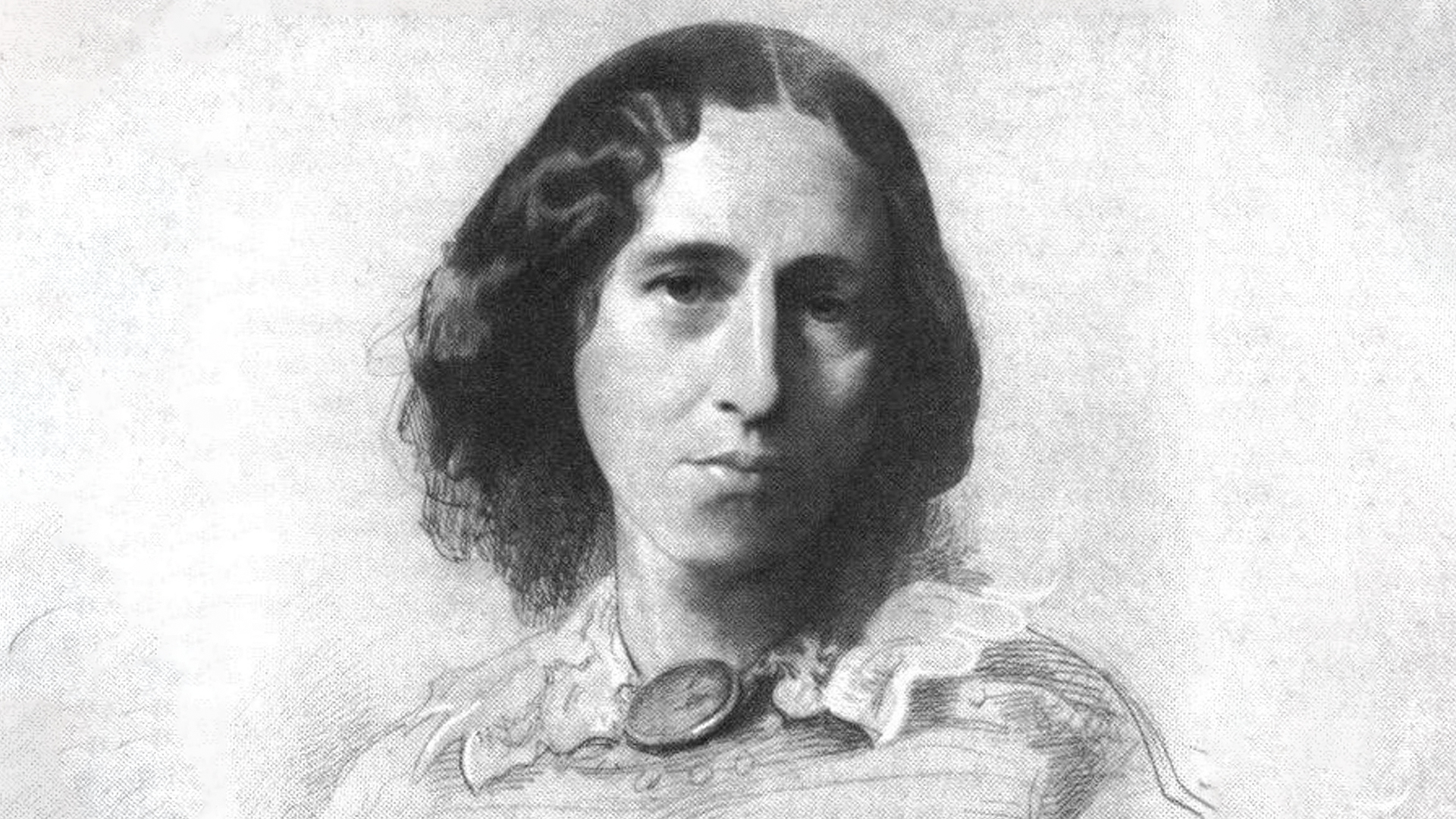I am finally drawing to a close with the largest novel I have read in decades. Nearly 700 pages. George Eliot’s Middlemarch is like a compendium of people who you see – before they do – what a wretched mistake they are about to make. How it will all end up, untangle itself, I have no idea. But by the time you read this I will have reached the end and will know the outcome.
Written in 1869-71, it is so full of sharp observations about human thinking and doing that in some ways it’s a clumsy book. It strays off and then comes back, but remains riveting.
Reading is supposed to be good for you. But reading Middlemarch depressed me while exciting me as the writing is so good and the constant appeals to thinking are so well crafted. But it is not ‘a guide to action’ as many books of the 19th century are.
- The debris of history surrounds us. So why are we still making the same mistakes?
- Horrible Histories author Terry Deary: ‘The most important day in history is tomorrow’
- I’ve written over a million words about poverty – here’s what I’ve learned
Dickens seemed to always want to improve us with his writing. Great Expectations seemed, in a nutshell, to be about how calamitous snobbery is, and how ordinariness is a blessing in disguise with the world full of splendid people who do not have a pot to piss in. Oliver Twist seemed to be about the wretchedness of poverty and what you have to resort to if you are left without; A Christmas Carol that kindness among the wealthy can only enhance the unwealthy and make a good soul of a complete arsehole. Excuse my crudeness.
But George Eliot seems to show the well intentioned in Middlemarch as slightly deranged, lacking in foresight and judgement. The handsome Doctor Lydgate marries before he has established his medical practice and slips into debt and dishonour. Dorothea, the heroine of the book, is so good in the world but chooses to marry a vile man 25 years older than her who robs her almost of all her goodness; only for him to die and to leave a legacy of spite in his wake. She survives as good and useful but it was a close-run thing.
What many of the characters suffer from, and the book shows so poignantly and brilliantly, is what I would call ‘the debris of history’. And that possibly, aside from the beautiful descriptive power, is the reason I have persevered with Middlemarch. It shows what I firmly believe is the problem of our inheritances from previous generations. How we may be almost in a war scenario, with Starmer beginning to sound more Churchillian by the hour; a war with Russia because of mistakes that were made earlier in time.






